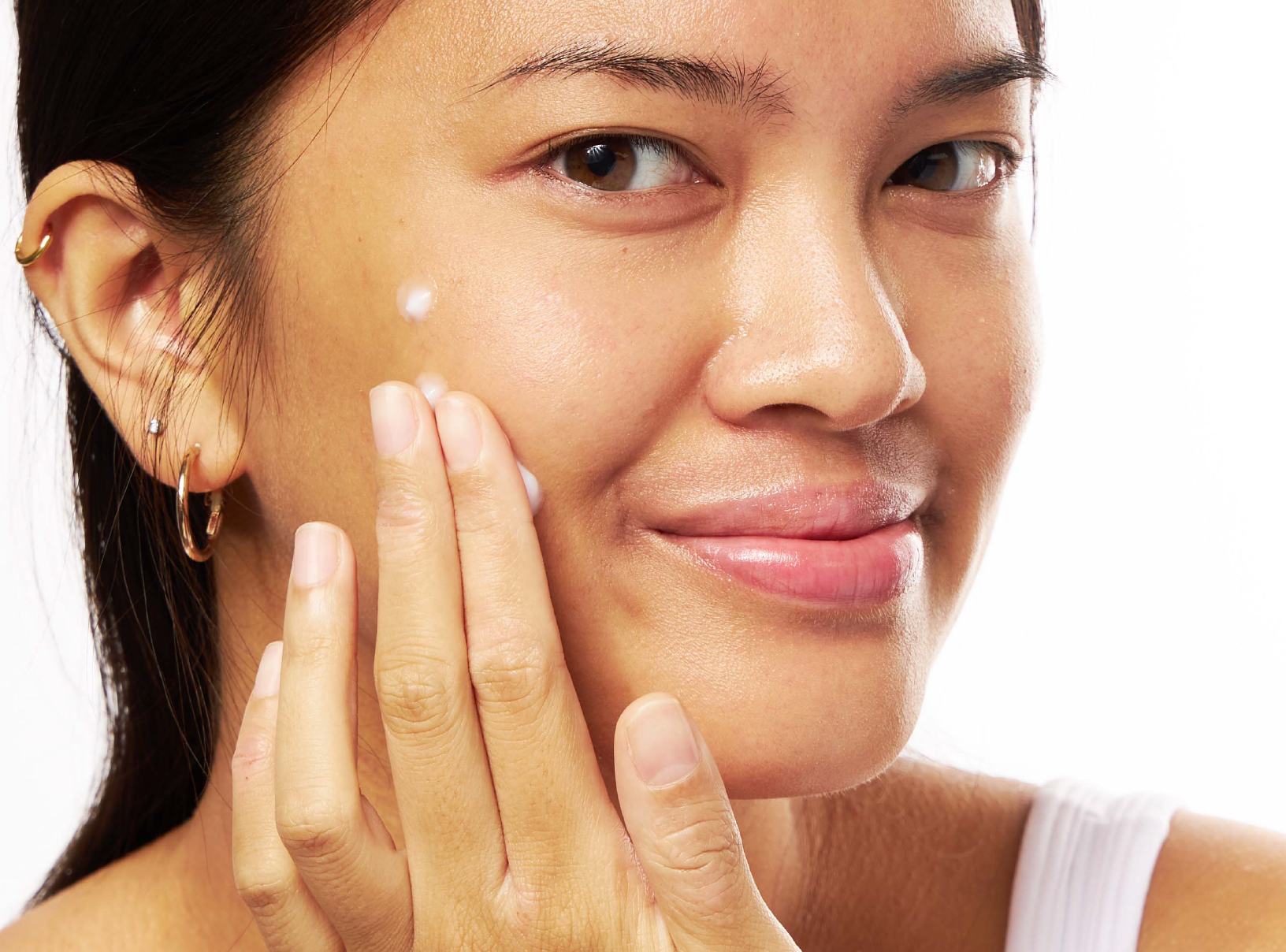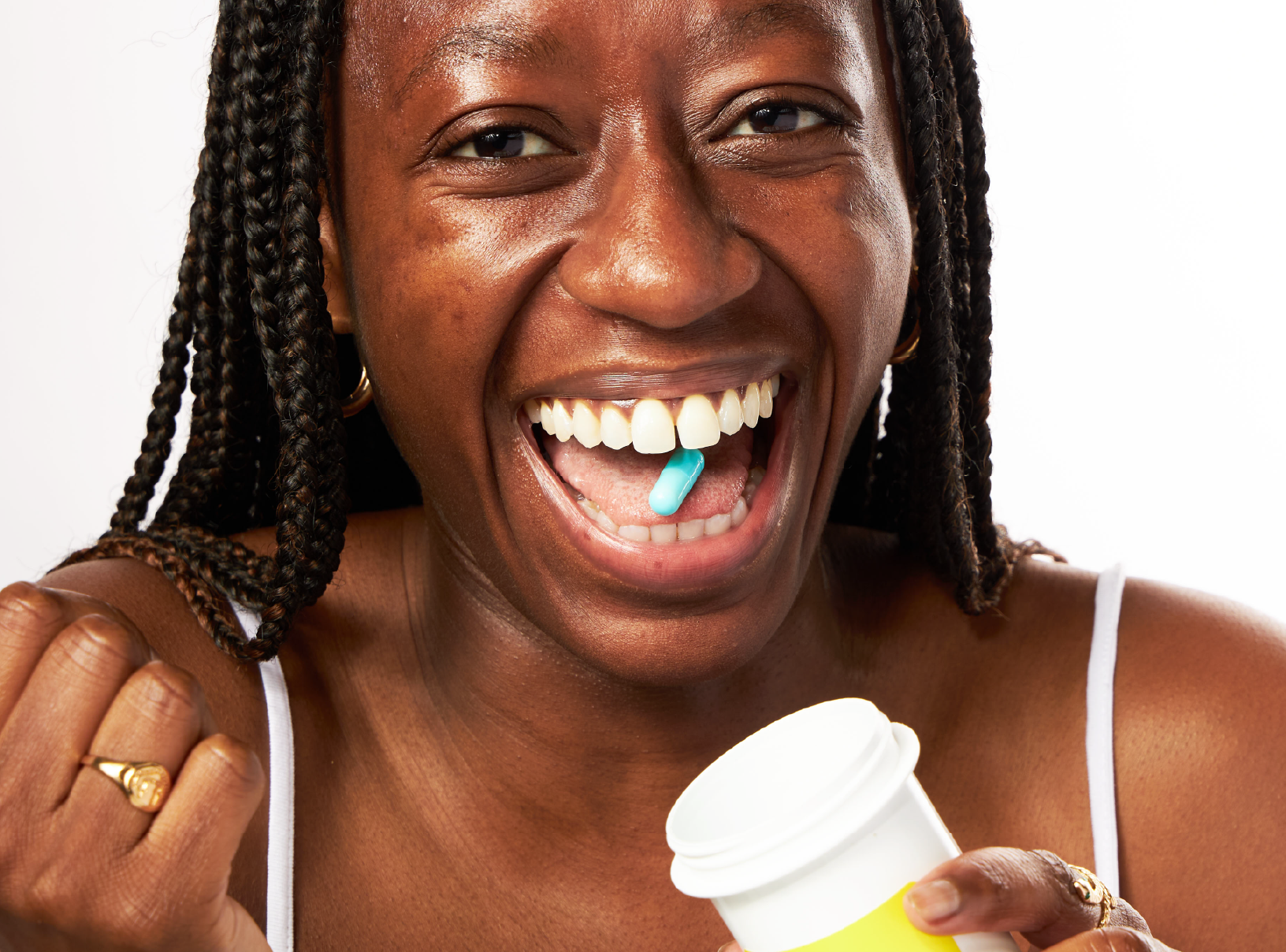Education
Acne Severities: How to Treat Mild, Moderate, and Severe Acne
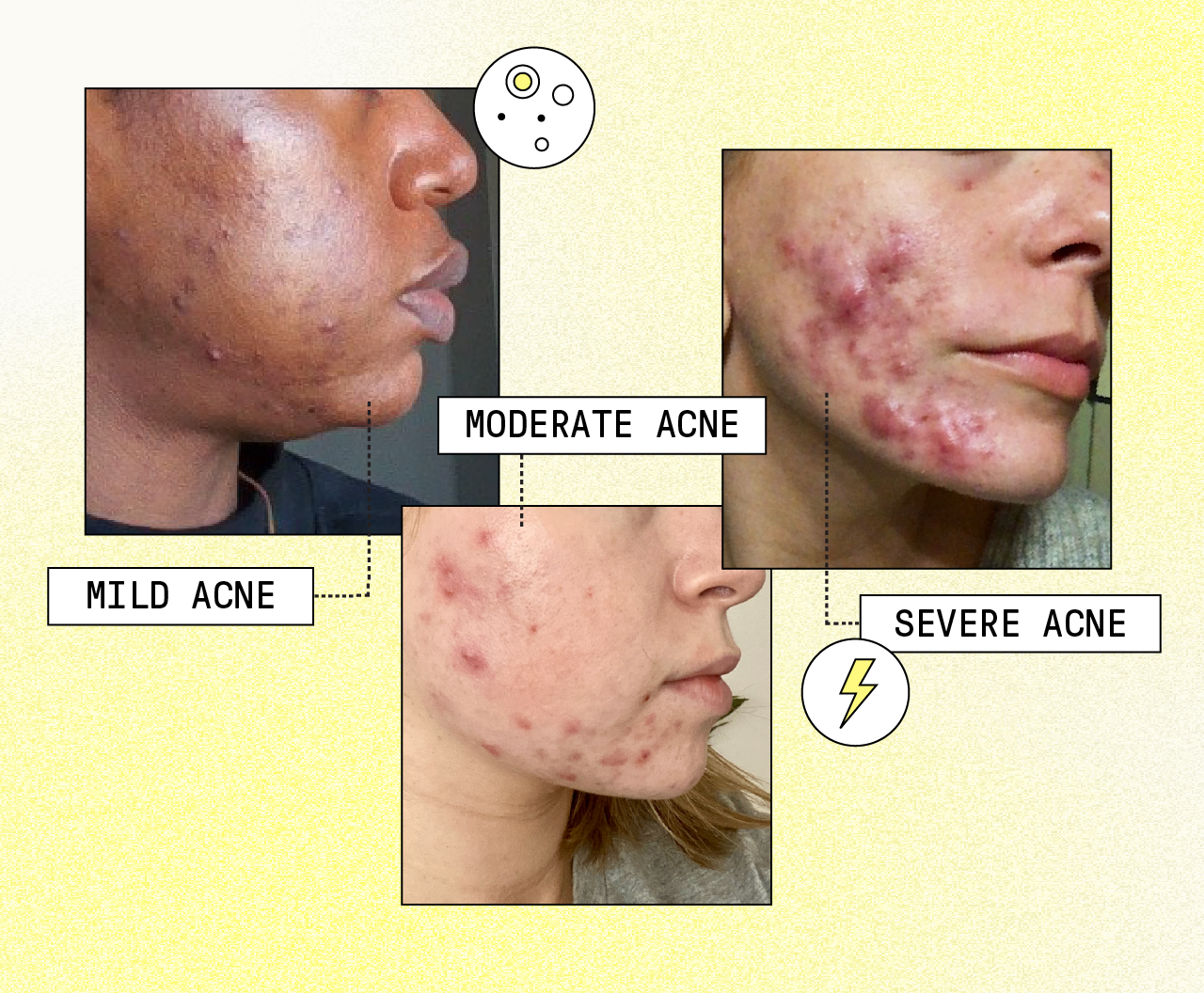
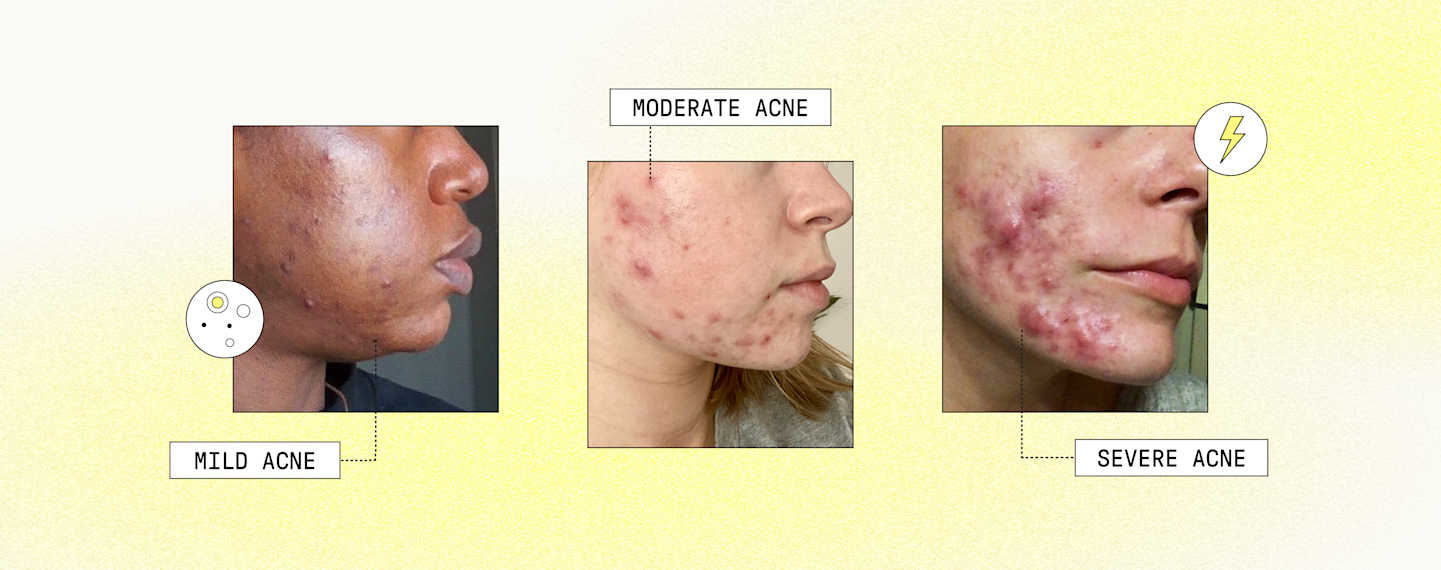
SHARE
Education
Acne Severities: How to Treat Mild, Moderate, and Severe Acne
Medically reviewed by Aimee Paik, MD
Written by Annie Lam
Last updated 2/1/2023
When our dermatologists talk about treating acne, they tend to talk about acne based on their severity: mild, moderate, or severe. These are considered acne severities. Today we're going to talk through what the difference is between each type of acne severity and how to treat them.
What are acne severities?
Depending on your acne severity, your dermatologist may recommend different treatments for your breakouts. Your acne severity is typically determined by your lesion count (number of pimples) and type of acne. There are three main categories of acne severities:
- Mild acne: Mild acne is typically categorized as mostly whiteheads (closed comedones) and blackheads (open comedones) with a few papules and pustules.
- Moderate acne: Moderate acne typically has more widespread whiteheads and blackheads and many papules and pustules. You may also have more inflammatory acne.
- Severe acne: Severe acne typically has many papules and pustules along with nodules and cysts. Severe acne tends to have lots of inflammatory acne and can have acne scarring as well.
One thing to know about different severities of acne is that it's a scale: from very mild to very severe. You may experience a different acne severity at different times in your life. For example, you may have mild acne most of the time, but you may experience more moderate breakouts and inflammatory acne around your menstrual cycle.
How do derms treat mild acne?
When it comes to treating mild acne, there are great over-the-counter treatment options like salicylic acid and benzoyl peroxide. These acne treatments are great for mild comedonal acne. If you aren't seeing results with these treatments, you may want to check in with a dermatologist to see if prescription acne treatments are the right fit for your skin.
Tretinoin for Mild Acne
Tretinoin is a very popular acne treatment, but many believe that it can only be used for moderate to severe acne.
However, in a mild concentration, tretinoin cream or gel can be more effective (and less irritating) than many of the most widely used over-the-counter acne products.
Topical tretinoin, whether in gel or cream form, is available in a range of concentrations. These range from very mild tretinoin products (for example, .025 percent tretinoin cream) up to significantly more concentrated tretinoin creams, such as tretinoin .1 percent.
Tretinoin 0.05 percent is often prescribed to patients, as this concentration of tretinoin is usually associated with higher instances of acne treatment and lower instances of adverse effects.
However, this isn’t the only concentration of topical tretinoin that’s used.
Many people with mild or infrequent acne instead opt to use a cream with a lighter concentration of tretinoin in order to prevent acne while limiting dryness, irritation and other common side effects of the medication.
Others use tretinoin on an every-other-day basis, letting them experience the skincare benefits of tretinoin with an even lower risk of experiencing side effects.
For people with severe or persistent acne, dermatologists may prescribe a cream or gel with a higher concentration of tretinoin. If you have mild acne, you can use a lower strength cream or gel, which can often provide many of the benefits of tretinoin with fewer or no side effects.
Our guide to tretinoin concentrations lists the most common tretinoin gel and cream strengths, along with information on which concentrations are the most widely used.
Tretinoin Works Well, Even at a Low Concentration
One of the biggest strengths of tretinoin is that it’s highly effective at treating and preventing acne, even at a relatively low concentration.
For example, in a 2005 study, researchers found that .025 percent tretinoin gel (approximately one quarter of the maximum available concentration) produced an improvement in 28 percent of patients acne over the course of the 12- to 15-week study.
Studies of .05 percent tretinoin cream also show positive results.
In a 2009 study, researchers found that a .05 percent concentration of tretinoin was enough to produce a “significantly greater” success rate than placebo.
The .05 percent concentration of tretinoin also produced a “mild to moderate” range of side effects, indicating that while tretinoin does have some side effects, it’s not an overly powerful or risky medication for people with mild or moderate acne.
Tretinoin Prevents Acne as Well as Removing It
Even at a low concentration, tretinoin not only treats acne, but can also prevent acne from coming back in the future with consistent and prolonged use.
Tretinoin works by increasing your body’s skin cell turnover cycle — the amount of time required for your body to replace old, dead skin cells with new ones. This makes it less likely for old skin cells and sebum to clog hair follicles, causing acne.
Essentially, a mild amount of topical tretinoin not only works extremely well as a way to remove acne from your face — it’s also a great way to keep acne off your skin for the long term.
In fact, studies tend to show that the longer you use tretinoin, the more effective it is at removing acne and keeping it away for good.
In a 2015 study, people with inflammatory and/or non-inflammatory acne applied a mild, .025 percent concentration tretinoin cream in combination with clindamycin one percent cream over the course of 12 weeks, with assessments of their facial acne after four and 12 weeks of treatment.
After four weeks, the tretinoin and clindamycin group reduced their acne lesions from 13.70 ± 4.80 to 7.40 ± 3.69. After 12 weeks of treatment, the acne lesions were reduced even further, with an average level of 1.30 ± 2.95 — a fraction of the original amount.
How do derms treat moderate acne?
When it comes to treating moderate acne, dermatologists may recommend a combination of oral and topical treatments. Some commonly prescribed treatments are:
Topical treatments
- Topical retinoids: Topical retinoids like tretinoin and tazarotene help to resurface the skin and unclog pores by removing dead skin cells. It also helps to treat hyperpigmentation and dark spots.

PRESCRIPTION TRETINOIN
Target acne, dark spots, and signs of aging with this science-backed ingredient.
- Topical spironolactone: A topical treatment that targets hormonal breakouts at the skin level. Exclusively widely available at Apostrophe!
- Topical antibiotics: Topical antibiotics like clindamycin are an effective treatment for an inflammatory lesion like a papule or pustule. They help to reduce inflammation in the skin.
Oral medications
- Oral spironolactone: An oral acne medication that treats hormonal/adult acne in women. It helps to balance the effect of androgens and balance oil production in the sebaceous gland.
- Oral antibiotics: Oral antibiotics like doxycycline are typically used to quickly reduce inflammation in the skin. Dermatologists typically prescribe oral antibiotics as a short-term treatment to prevent antibiotic resistance.
How do derms treat severe acne?
For severe acne, dermatologists typically prescribe a combination of oral and topical treatments (similar to moderate acne). However, with more severe breakouts, seeing results may take longer due to the severity of your acne. Every patient's experience is different, so be sure to be consistent and patient with your skin!
In some cases of severe inflammatory acne, dermatologists may recommend oral isotretinoin (Accutane) to help treat your cystic acne. Some dermatologists may also recommend isotretinoin to patients who have not seen results with other acne treatments.
Oral isotretinoin is an extremely effective oral acne medication that does have potential side effects. Treatment for oral isotretinoin is best done under the care of a dermatologist to ensure each patient is monitored for safe and effective treatment.
Get expert treatment for all acne severities
Here at Apostrophe, we're committed to helping you feel confident in your skin. No matter what acne severity you have, our board-certified derms are confident that we'll have the right treatment for you. You'll receive a customized acne treatment plan for your unique skin and concerns. If you're ready to get expert treatment for your stubborn pimples, dark spots, or acne scar - we've got you covered. Get started with Apostrophe today!
Image Source
Eyres, Lebby, and Josie Griffiths. “Pus-Soaked Sheets, Crippling Anxiety and Regular Panic Attacks – the Agony of Living with Severe Cystic Acne.” The US Sun, The US Sun, 17 July 2020, https://www.the-sun.com/lifestyle/1153680/severe-cystic-acne-agony-pus-soaked-sheets-crippling-anxiety-housebound/amp/.
Shop this post
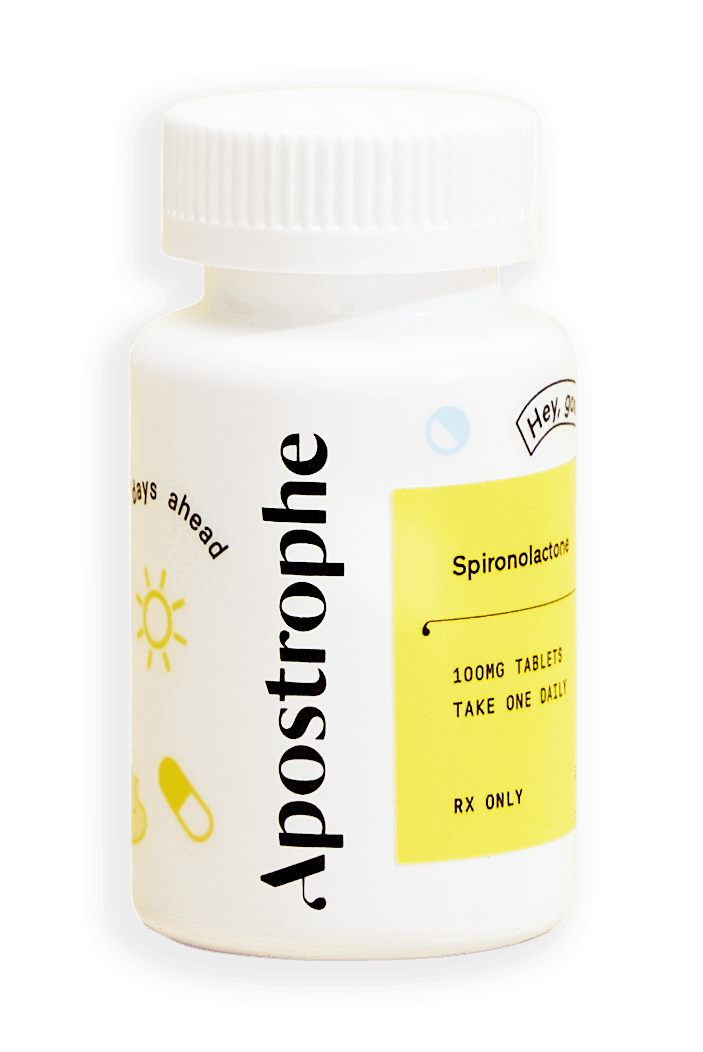
Oral Spironolactone
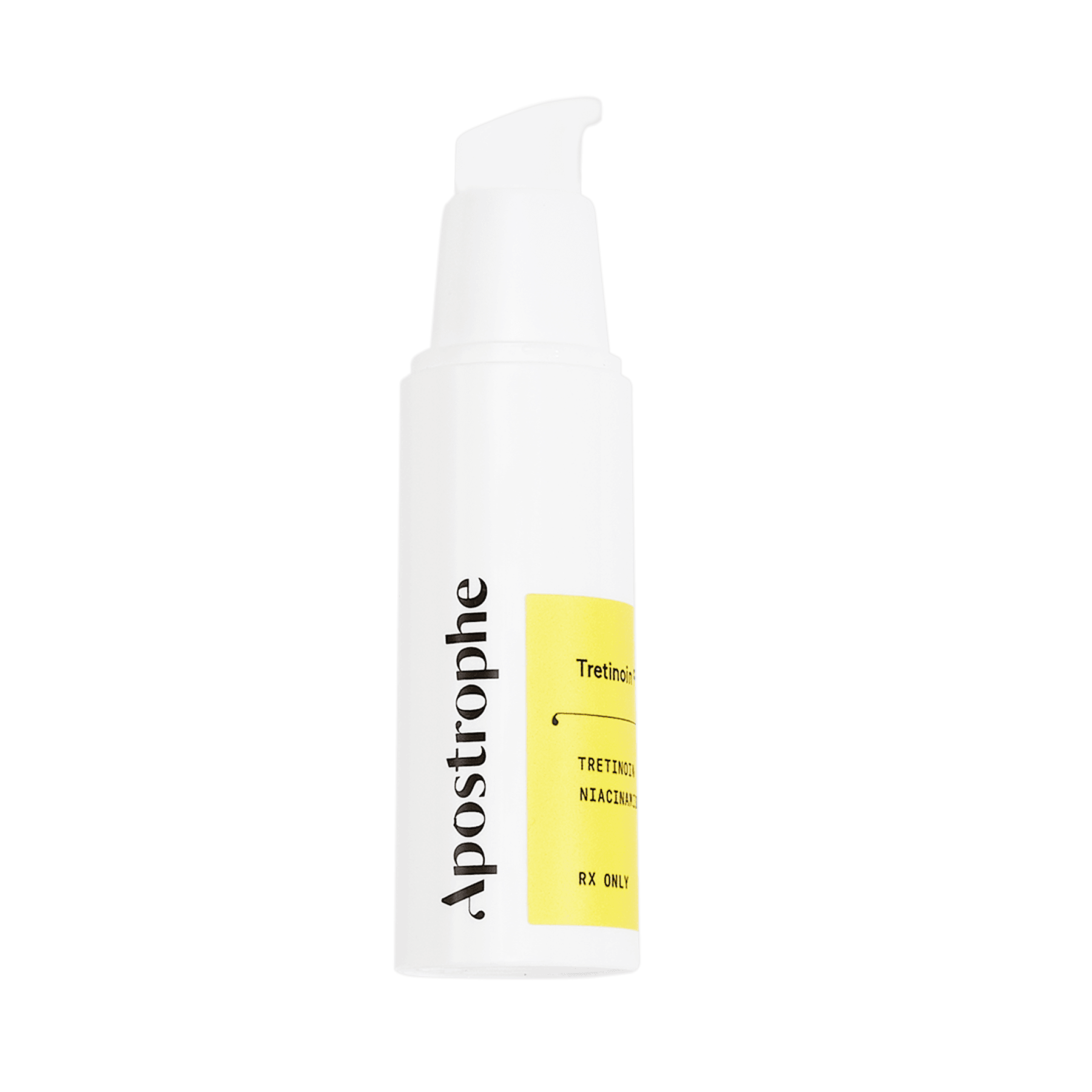
Tazarotene + niacinamide formula

Topical Spironolactone

Tretinoin

Oral doxycycline
Like what you just read? Sign up for our email list to get the scoop on skincare science delivered straight to your inbox.

Education
What is milia?
What is milia? Today, we’re jumping into one type of bump that you may have heard about most commonly in infants — milia.
Read More
Education
Best moisturizer for acne-prone skin
If you have combination acne-prone skin, figuring out which moisturizer is best for your skin might be tough. In this guide, we break down the best moisturizer for combination, acne-prone skin.
Read More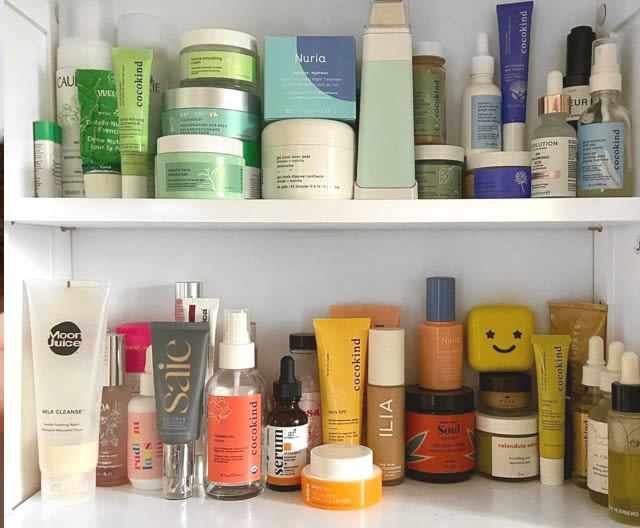
Education
How to build a face care routine
As you get into skincare, it might seem overwhelming, especially trying to figure out the order you're supposed to apply products in. Below, we detail how to build a face care routine for your skin!
Read More